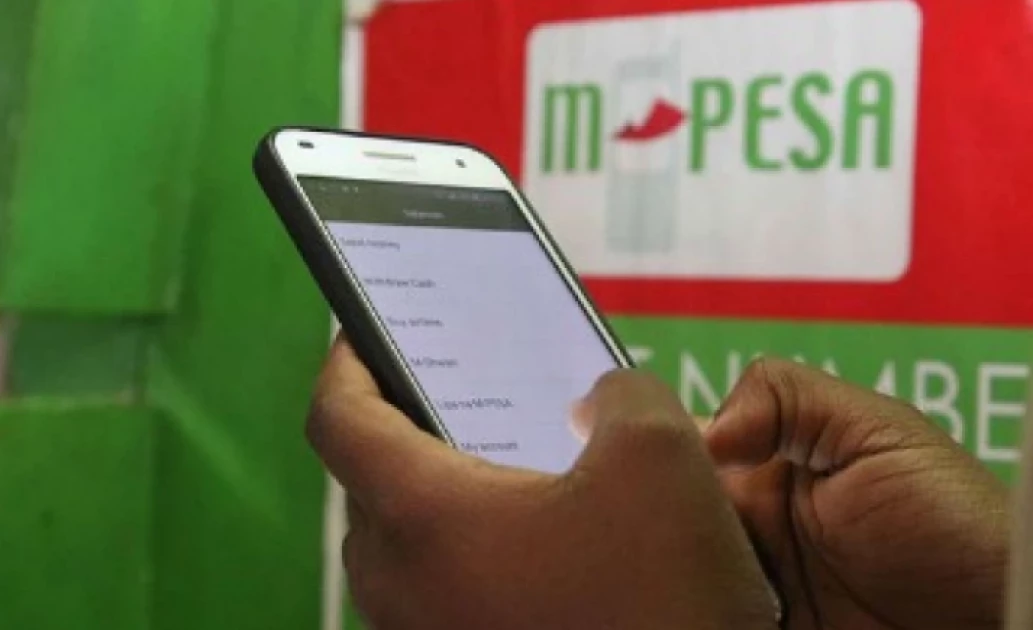- Details
- East Africa
- 1703
M-Pesa services will be temporarily unavailable for three hours on Monday, September 22, 2025, as Safaricom conducts a scheduled system upgrade.
In a notice issued on Friday, Safaricom PLC announced that the maintenance exercise will take place from 12:30 AM to 3:30 AM, during which all M-Pesa services, including airtime purchases, will be inaccessible.
The telecommunications company stated that the exercise is part of its commitment to providing secure, reliable, and worry-free financial services to millions of customers across Kenya.
“For 18 years, M-Pesa has continued to transform lives across Kenya, connecting customers to opportunities every day. To support this and meet our promise to offer always-on, safe, secure, and worry-free financial products and services, we will be conducting a scheduled system upgrade,” the statement read in part.
According to Safaricom, the upgrade is the most significant since 2015, and it introduces Fintech 2.0, a next-generation core platform designed to strengthen resilience, expand capacity, and unlock advanced, AI-driven innovation.
“This upgrade is a bold investment in the future of M-PESA and reaffirmation of our commitment to innovation, resilience and customer trust. By moving to Fintech 2.0, we are unlocking a platform that not only scales to meet today’s demands but also anticipates tomorrow’s opportunities,” said Safaricom CEO Dr Peter Ndegwa.
The new M-PESA Core will expand capacity from 4,500 to 6,000 transactions per second, with the potential to scale up to 12,000 transactions as demand grows. It will also introduce an active-active architecture across multiple hosting sites, guaranteeing higher resilience and minimal service interruption. By Benjamin Muriuki, Citizen Digital






